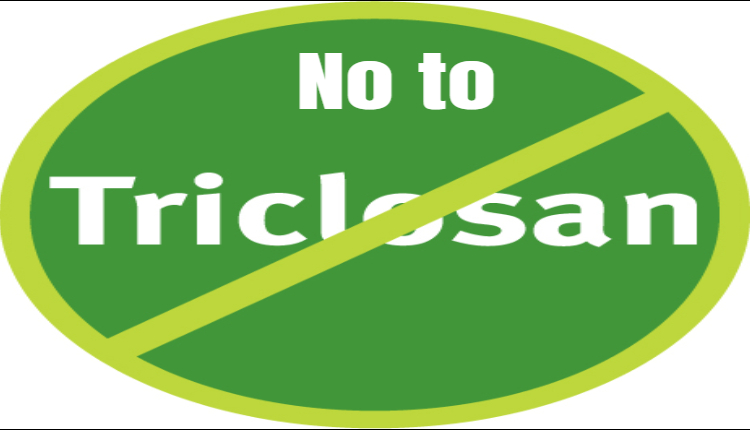Triclosan found in many commercial products has raised a toxic alert. Pregnant women and expectant mothers are being warned not to use antibacterial soaps because they contain triclosan.
What is Triclosan
Triclosan is a whitish crystalline powder used especially as a broad-spectrum antibacterial agent in personal care products such as antibacterial soaps, deodorants, mouthwash, toothpaste; it’s a chemical that hinders an enzyme called estrogen sulfotransferase that helps metabolize estrogen and move it through the placenta into the developing fetus. There, estrogen plays a crucial role in brain development as well as the regulation of genes.
However, triclosan and triclocarban are used in more than 2,000 everyday products marketed as antimicrobial, including toothpaste, soaps, detergents, carpets, paints, school supplies, and toys. People apply these products to the body multiple times a day not knowing they are doing the body system harm and no good.
The German and Danish study tested almost 100 everyday chemicals and this was published in the journal Environment International. The study also discovered that triclosan also affected sperm, suggesting that the endless number and amount of chemicals in products we use every day may be contributing to the widespread fertility problems considering the fact that these chemical are endocrine disruptors and they are a potential contribution to bacterial resistance to antibiotics.
Dangers of Triclosan
May Alter Hormone Regulation:
- A study found that triclosan affected estrogen-mediated responses, and many chemicals that imitate estrogen are known to increase breast cancer risk.
- Research had shown triclosan to be a potent endocrine disrupter.
- Exposure to triclosan disrupts thyroid hormone-associated gene.
Developmental and reproductive toxicity
Triclosan Interferes With Muscle Function
A study done in mice at the University of California Davis shows that triclosan impairs muscle function and skeletal muscle contractility
Triclosan weaken the immune system
Uncontrolled cell growth
Children exposed to antibacterial products at an early age have an increased chance of developing allergies, asthma, and eczema.
Triclosan was first registered in the USA with the Environmental Protection Agency (EPA) in 1969 as a pesticide so this shows that it is not the best ingredient to be brushing your teeth with, bathing with or using as an ingredient in your deodorant. Triclosan remains registered as a pesticide, used widely for industrial uses as an antimicrobial pesticide. Triclosan is also added to a wide variety of products such as adhesives, fabrics, vinyl, plastics; toys, toothbrushes, polyethylene, polyurethane, polypropylene, floor wax emulsions, sealants, caulking compounds, textiles ( such as footwear and clothing), rubber, and carpeting.
How to avoid toxic triclosan and stay clean:
- Wash your hands regularly, especially before eating, when attending to a sick person and after using the bathroom.
- Dry hands with a clean towel after each wash.
- Wash counter surfaces regularly with natural alternatives like essential oils, lemon, and vinegar.
- Wash children’s toys regularly in warm soapy water.
- Use triclosan-free soap and triclosan-free hand sanitizer
- Carefully and consciously read labels always

Best alternatives to triclosan are naturally antibacterial hand soaps with the use of essential plant oils such as tea tree, grapefruit, thyme essential oil, and other naturally antimicrobial essential oils.
It is best to avoid chemical toxins when pregnant and also when not pregnant, especially when trying to conceive to avoid the deposit and accumulation of unwanted toxic chemicals in the body system. Remember you can avoid using these “nasty chemical” by consciously reading labels, and when you see triclosan on the label, do yourself good by dropping it.
If you are pregnant and would like to support your pregnancy naturally, PregTea and Organics-G are loaded with nutrients beneficial for mother and baby.
- Cryptic Pregnancy – All You Need To Know. - April 26, 2024
- Fertility Goals – 3 Action Points To Getting Pregnant - January 17, 2022
- 7 Tips To Preventing A Miscarriage - July 21, 2021

